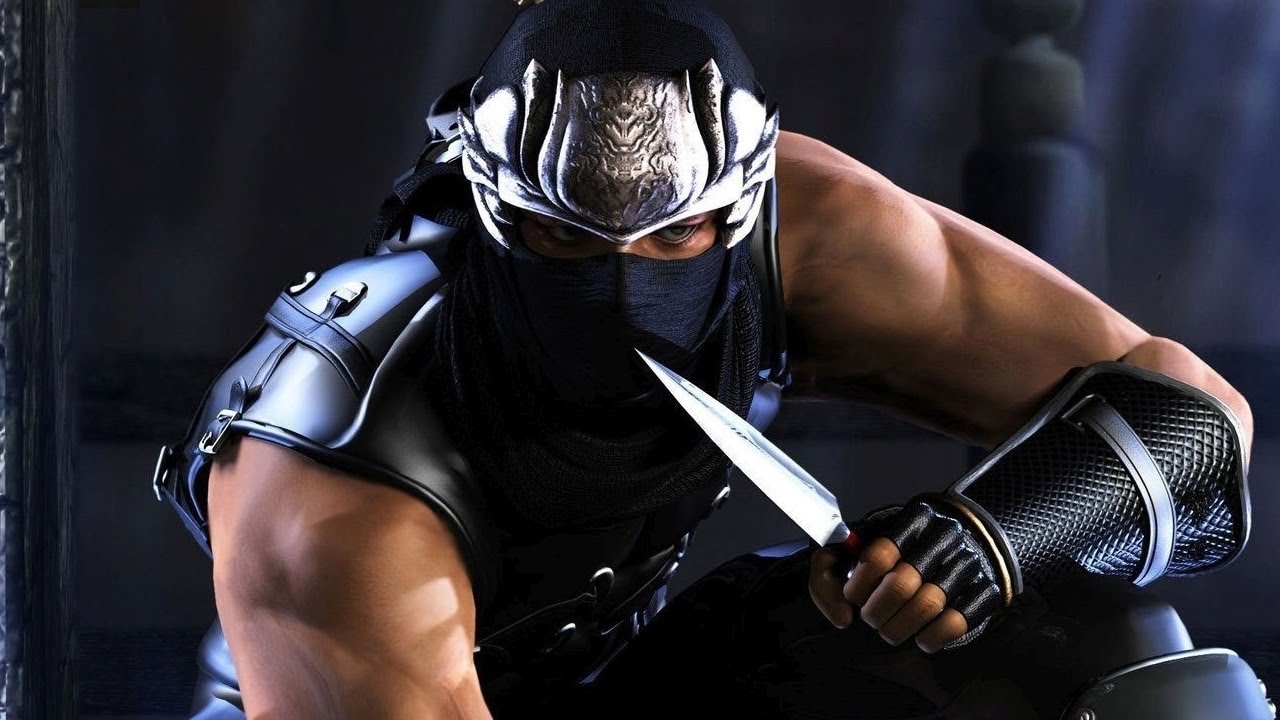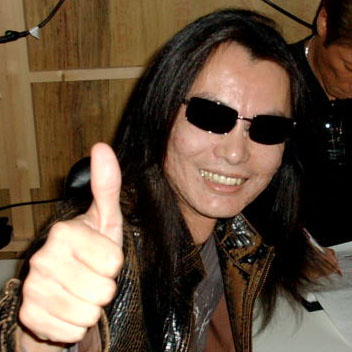Former head of Team Ninja, Tomonobu Itagaki, has set up a new studio
And very much wants Microsoft to sign it up.

Tomonobu Itagaki led to the greatest typo of my career, when I described him as the director of Ninja Garden. The Japanese designer rose to prominence alongside the original Xbox hardware, leading Team Ninja as it created the Dead or Alive and Ninja Gaiden series, the latter being one of the greatest 3D combat series ever made (we don't talk about 3 or Yaiba).
Itagaki and Tecmo had a rather spectacular falling-out in 2008, which led to various public accusations and a lawsuit (settled in 2010). He then went on to co-found Valhalla Game Studios with other ex-Team Ninja members including Satoshi Kanematsu, and the developer embarked on the ill-fated Devil's Third, a game that ended up as a Wii U exclusive, and not one of the good ones.
Following Devil's Third's ignominious reception Itagaki has been somewhat quiet, but has now posted a recent but unused interview on Facebook. There's some detail on what he's been up to, what the future holds, and some hilarious stories about the early Xbox days.
When asked what he's been up to, Itagaki writes: "For the past four years, I’ve been teaching job to foster juniors, but now I feel like I want to make a game again and just established a company for that purpose."
He's clearly angling for Microsoft to sign up his new venture. "20 years have passed since [the original Xbox], and I established my own company, Itagaki Games, which is not Tecmo, nor Valhalla. I know Microsoft is still aggressive. If they reach out to me, it will be an honor for me."
One might wonder where this leaves Valhalla Game Studios. Its Japanese website was last updated in 2018; the international domain has expired. Its last games were released in 2016: Devil's Third Online, a Japan-only PC version of Devil's Third multiplayer, and a Nintendo DS game.

The full interview is worth a read for any Itagaki fans, going into detail on the reasons behind DoA3's infamous bargain-bin reduction, his relationship with Microsoft, and mentions of the great Xbox firebrand Seamus Blackley, who is always excellent value.
The biggest gaming news, reviews and hardware deals
Keep up to date with the most important stories and the best deals, as picked by the PC Gamer team.
Here is a representative story about how Blackley would communicate a hardware problem that had to be dealt with. "It was two weeks before [Dead or Alive 3]’s master is up," writes Itagaki. "Seamus called me suddenly, like he did all the time, and said, I got machineguns on both of my hands and I will go and attack Nvidia right now, you coming with me. I was like wait, what’s going on, I have no time for that as I’m busy finishing up DOA3, what happened.
"Then he said, Nvidia promised me that the GPU they provide us will be at 250MHz, but just called me and said there would be 10% reduction from that. That’s not what we’ve agreed on, so I am getting into Nvidia, are you with me or not. Then I was like, calm down Seamus, think what we need is to make sure games work at 225MHz. then he was like, yeah you right, ok, please do your part to make the game run at 225MHz, leave Nvidia up to me. You know, this is really typical Seamus. If you were just being apologized and said, sorry, GPU’s clock is going to be 10% lower, nothing is exciting and fun. But he’s really good at making a fuss about and put people on his pace, and when you realize, he make other people work for him to let him accomplish what he wanted to do. He’s really good at it."
Nvidia had a lucky escape. Should Microsoft take Itagaki's heavy hints, you'll read about it here.

Rich is a games journalist with 15 years' experience, beginning his career on Edge magazine before working for a wide range of outlets, including Ars Technica, Eurogamer, GamesRadar+, Gamespot, the Guardian, IGN, the New Statesman, Polygon, and Vice. He was the editor of Kotaku UK, the UK arm of Kotaku, for three years before joining PC Gamer. He is the author of a Brief History of Video Games, a full history of the medium, which the Midwest Book Review described as "[a] must-read for serious minded game historians and curious video game connoisseurs alike."

